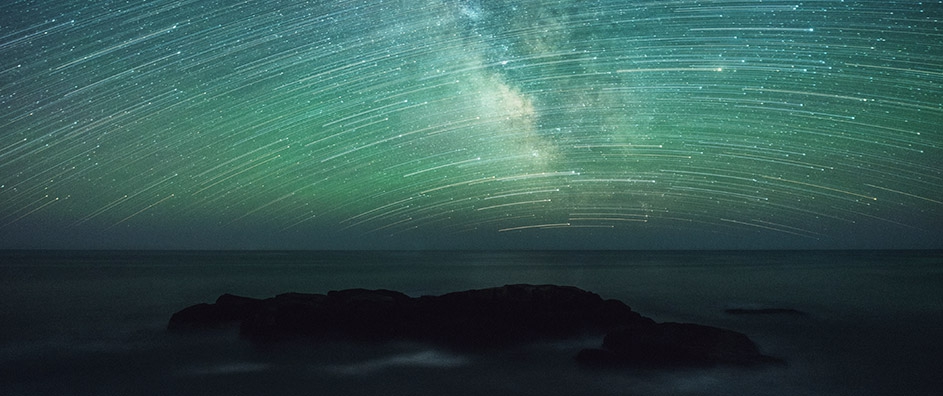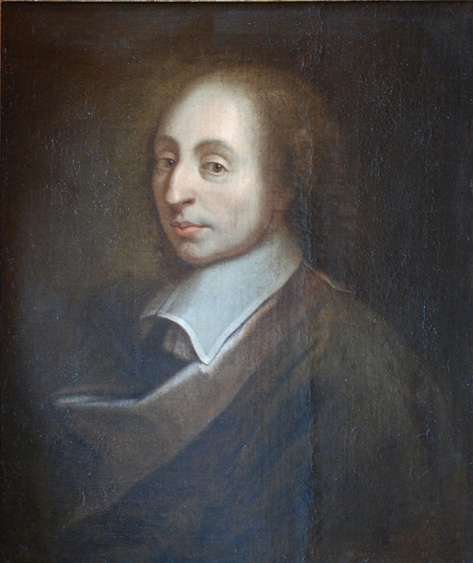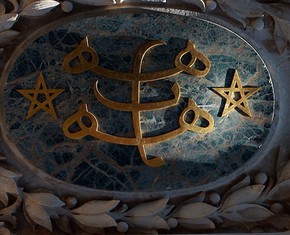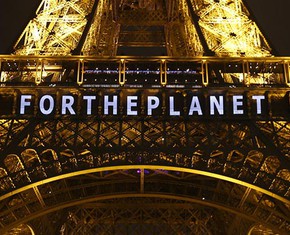The views expressed in our content reflect individual perspectives and do not represent the authoritative views of the Baha'i Faith.
In the human world, if we do not understand the divine world, is that a proof that the world of God does not exist? – Abdu’l-Baha, Divine Philosophy, p. 117.
Are you a betting man, or woman? Would you like to place a little wager, then?
Blaise Pascal, the French physicist, mathematician and philosopher who lived during the 17th Century, famously wrote Pascal’s Wager, one of the most influential and revolutionary questions about religion and belief ever posed. He said that we all make a bet with our lives about eternity. It goes like this:
Either God is, or is not. Either life continues after death, or stops.
You must wager on one or the other—with your life. You already exist, so you must bet.
Reason cannot make the decision, because God, by definition, is beyond our reasoning powers.
So first, weigh the gain and the loss of your wager:
if God exists and you believe, you gain an infinite amount—eternal life and happiness.
If God exists and life is eternal and you decide to bet against that possibility, you will suffer enormous loss in the next world.
If God does not exist and you decide to believe and act as though He does, you lose very little.
Consequently, a reasonable person should seek the spiritual, plan to go on eternally, and live as though God exists.
This deceptively simple, groundbreaking idea has caused an enormous amount of debate and discussion for the last 400 years. Pascal’s Wager created an entire field of study called Decision Theory; it marked a major advance in what is now known as Probability or Game Theory; it contributed a great deal to entire new branches of philosophy like existentialism and pragmatism. It marked one of the very first times a philosopher applied logic and rationality to a spiritual choice.
Pascal advised us, in his Wager, to make our major life decisions based on a reasonable analysis of risk and reward:
…you must wager. It is not optional. You are embarked. Which will you choose then? Let us see. Since you must choose, let us see which interests you least. You have two things to lose, the true and the good; and two things to stake, your reason and your will, your knowledge and your happiness; and your nature has two things to shun, error and misery. Your reason is no more shocked in choosing one rather than the other, since you must of necessity choose. This is one point settled. But your happiness? Let us weigh the gain and the loss in wagering that God is. Let us estimate these two chances. If you gain, you gain all; if you lose, you lose nothing. Wager, then, without hesitation that He is. – Pascal, The Pensées.
This rational way of looking at and evaluating an essentially spiritual choice also had a profound impact on the way people think about their beliefs—bringing personal decision-making, free choice and the independent investigation of the truth into the equation.
In Pascal’s time, hardly anyone ever had the luxury of making a personal choice about religion. Instead, people were born into a belief system by dint of their heritage, culture or geographic location, had no opportunity to search out religious truth themselves, and got very little choice in the matter at all. In the Age of Enlightenment, however, things changed. Rising educational and literacy levels meant that more and more people could make up their own minds after carefully considering the pros and cons, and evaluating what their own intellect and intuition told them about the truth.
So Pascal basically asks us to analyze the crisis of our existence, while at the same time admitting our lack of complete understanding. He acknowledges the limits of reason, but says we must rely on it. He describes humanity as a group of finite beings surrounded by an infinite and essentially unknowable reality; and says that we find ourselves “thrust into being from non-being for a brief life only to go out again, with no explanation whatsoever of ‘Why?’”
With both the existence and non-existence of God impossible to prove through reason, Pascal says, each person has to weigh the possible consequences of belief and make a pragmatic, informed decision with those factors in mind. The stakes, both Abdu’l-Baha and Pascal would agree, are high:
…man is immortal and everlasting. Those who believe in God, who cherish His love, and who have attained certitude, enjoy that blessed life which we call life eternal; but those who are veiled from God, though they be endowed with life, yet they live in darkness and their life, in comparison with that of the believers, is non-existence. – Abdu’l-Baha, Some Answered Questions, (newly revised version), p. 281.
You May Also Like
Comments


















"Know thou, O seeker, that, in the books they have penned, the philosophers have brought forth arguments for the existence of a Fashioner, even as the mystics have adduced proofs for His unity. But these books are all refuted by the testimony of the very proofs they contain, inasmuch as the latter are all contingent, and it is impossible for the proof of the divine Essence to be contingent. Nay, rather, should anyone fix his gaze upon the Point of ...Truth, pierce the veils, and unravel the allusions, he would know of a certainty that to provide any argument for the existence of the Incomparable One or any proof for His unity, other than God's own description, is a cardinal sin and a most grievous transgression. Verily, I find no proof for His existence and His unity save His own self." (The Báb, provisional translation from the Sahifiy-i-'Adliyyih, in "Gate of the Heart", pp. 196-197)
However, it is Pascal's value that what one loses if one believes and God isn't as "very little". Others may regard it a huge loss--especially if God does NOT exist. So I am not so impressed with this wager as with other work Pascal did.